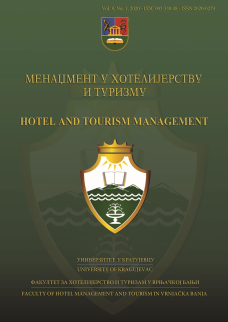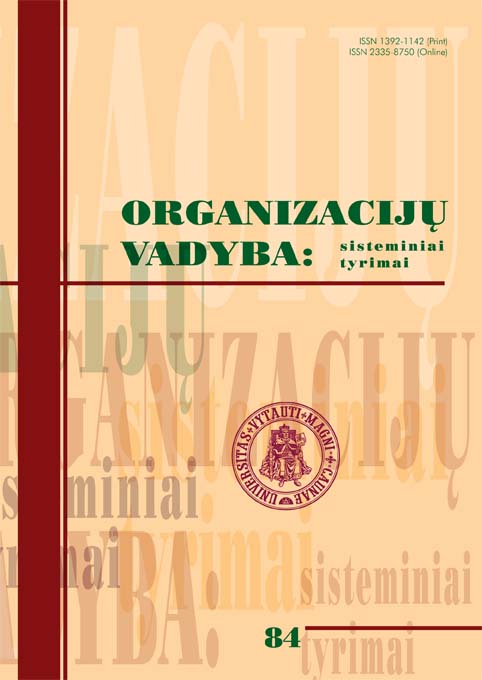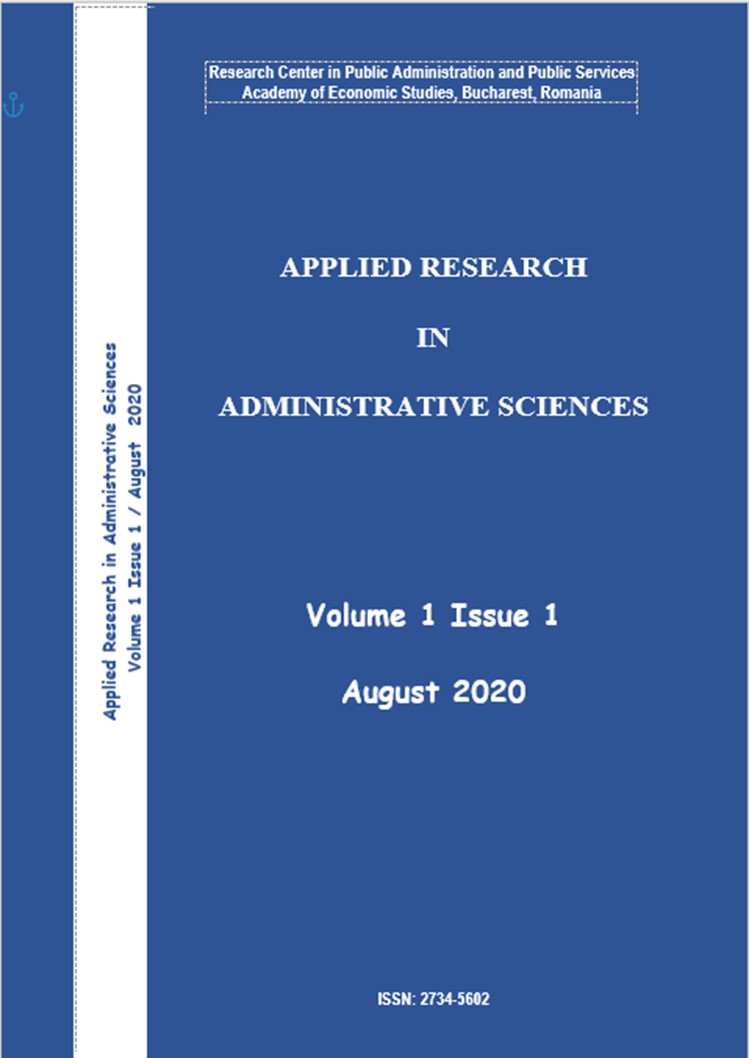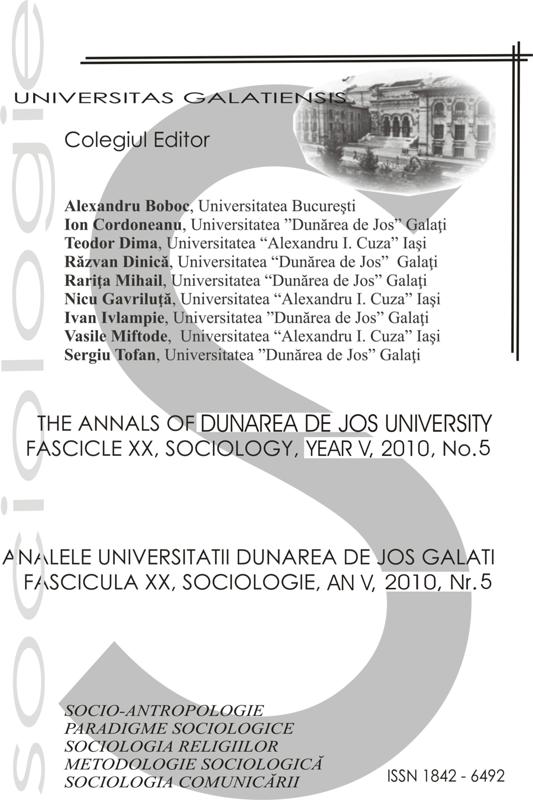MODERN METHODS TO INCREASE RESILIENCE IN SECURITY
Some new world-wide events of the last few years demonstrated us that the ability to anticipate and to respond to security changes is a compulsory asset for a state. The Syrian problem, the Brexit, the Crimean problem, the Comprehensive Economic and Trade Agreement (CETA) negotiations – are only few examples of applied lack of anticipation in the field of security. Clearly, the so-called "security resilience nexus" became a milestone in achieving maturity in security planning. The frailty of the systems and the impact of the unpredictable emergence of security certified the importance one should pay to "resilience awareness". Cultivating awareness appears to be a tailored solution for some common positions in defence. Therefore, increasing applied resilience in security with the help of future studies represents a real alternative for the security planners when keeping in mind the nowadays state of art. In the array of the anticipative methods – scenario planning, future wheel method and the cross-impact analysis achieve notable results. Those methods flourish, in our opinion, on the foundation of the "wild cards" detection and of the "weak signs" discovery. Hence, the article builds up a nexus between security planning, resilience and future studies. One concludes that resilience awareness plays a key role for a state in preparing and responding to sudden disrupts and changes.
More...



